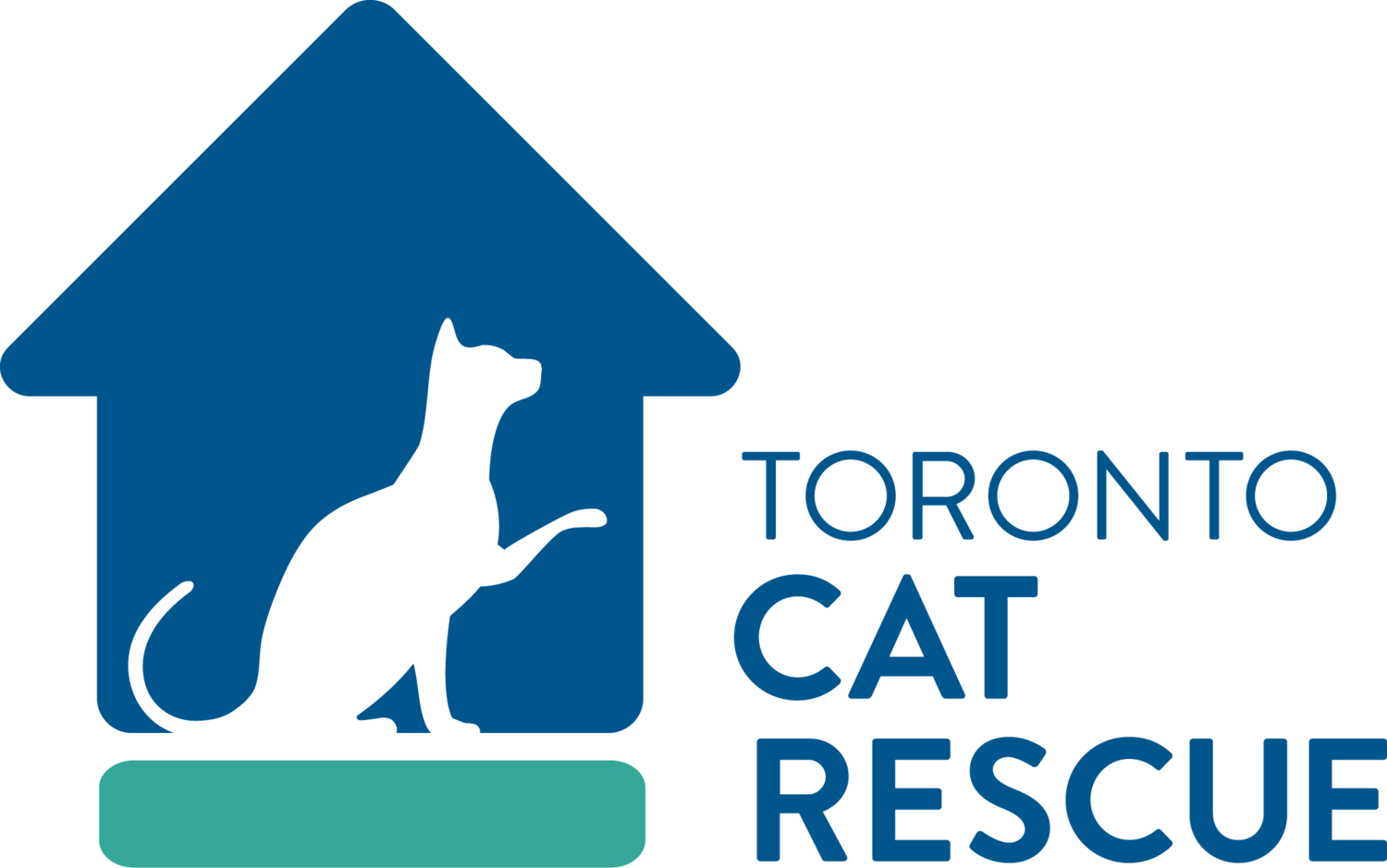CAT HEALTH
Health concerns with your foster is sometimes nerve-racking for foster parents. Being calm and proactive are key to keeping all fosters safe and healthy.
There is a cat health training video we recommend all foster homes to take: training.torontocatrescue.ca
This section of the foster hub is a quick guide to supplement everything you will learn in the cat health training video.
There are four main things to remember when thinking about your foster’s health:
Pay attention to changes
Tell your Foster Coordinator
Follow the Medical Team’s instructions
Do NOT take your cat to a vet
1. Pay attention to changes
To be able to pay attention to changes you must first get to know your foster cat. So be sure to create a baseline on all the categories below so you can spot when a change has occurred.
Things to pay attention to:
-
Are they interacting with you or other cats differently? Do they seem more irritated or more passive?
-
Are they peeing and pooping as often as they usually do? Is the consistency different?
-
Are they eating more or less? Are they vomiting?
-
Are they sleeping more or less? Do they seem lethargic? Are they choosing a different kind of place to sleep to stay isolated?
-
Are they grooming more or less often? Are they obsessively grooming any areas? Do they seem itchier than before?
-
Are they meowing more or less often? Are they making new noises?
-
Does their skin seem irritated? Are their eyes or nose runny? Are they sneezing more? Are their nail beds healthy?
2. Tell your Foster Coordinator
After establishing something has changed in your foster cat, stay calm and email your Foster Coordinator (FC).
When emailing your FC, please try to be as specific as possible. This includes:
What they were like before the change
What has changed (they could have multiple symptoms from multiple categories outlined above, eg. they seem to sleep more and they have stopped eating)
When you think the changes started
Also include any photos you think may help
If you feel like this is an emergency, please email fosteremergency@torontocatrescue.ca and someone will get back to you as soon as possible.
3. Follow the Medical Team’s instructions
Just like a human Emergency Room, our Medical Team has to prioritize which foster cat to focus on next based on the severity of their symptoms.
Unlike an Emergency Room, this team is run mostly by volunteers, so please be patient as you wait to hear back from the Medical Team.
If the symptoms change, please email your FC with an update.
Here is what to expect from the Medical Team
-
The Med Team may email you to ask more questions before making a diagnosis. Please answer all the questions to the best of your ability.
For some medications you need to weigh the cat, so keep that in mind when gathering all your data.
-
The Med Team will tell you whether your foster’s issue need to be seen by a vet.
TCR deals with specific vet clinics and we have a volunteer who sets up vet appointments. Please wait to hear from the appointment scheduler to organize when you are able to bring your foster to the vet clinic.
Please DO NOT contact any vet clinics directly, if you have an issue please email your FC, the Medical Team or the Appointment Scheduler.
Please note that TCR is a non-profit organization and thus we do not check all possible issues, nor do we fix all vet recommended issue. For more information please visit the policy section of the foster hub.
-
After receiving the diagnosis from the Med Team, you may be required to pick up medications to treat the problem.
The Med Team will provide all the information you will need, such as the dosage, frequency, and an accompanying video on how to administer the medication.
-
It is important to follow the Med Team’s instructions exactly.
-
You should also plan to update your FC and the Med Team with any changes. The Med Team will follow up with you after the medication treatment is complete, but if you have any questions before that time, do not hesitate to email the Med Team (just don’t forget to cc your FC!)
4. Do NOT take your foster to the vet
Since we have a structured medial system in place before decided if the foster does need to go to the vet, we do not allow foster parents to take their foster cat to the vet. Going to the vet can be very expensive so we have created the system outlined above to mitigate those costs as much as possible.
If you do feel the need to take your foster to the vet please keep in mind all costs associated with that vet visit will be your responsibility.

